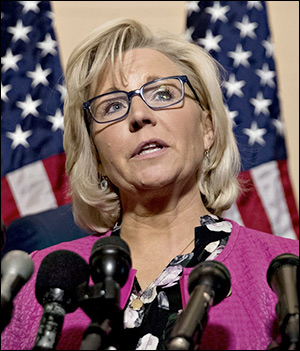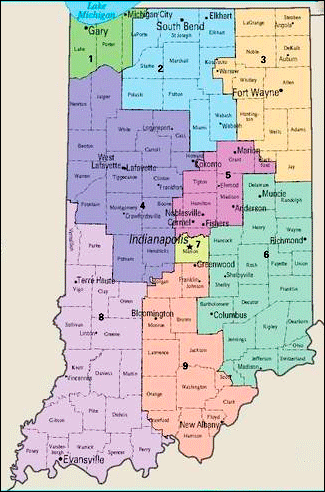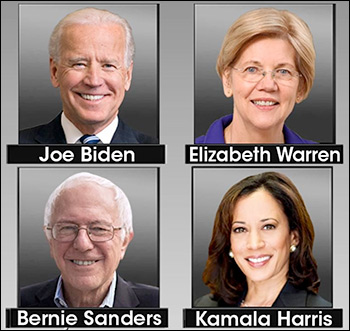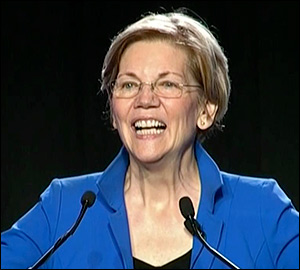By Jim Ellis

Rep. Liz Cheney
The focal point centers around at-large Rep. Liz Cheney’s (R-Wilson/Jackson) intention. Should she run for the Senate, as most believe she will, her path to the nomination is likely to be encumbered. Her jumping into the Senate contest will also open Wyoming’s lone House seat for the second time in three election cycles.
In addition to Cheney, a former at-large US representative and ex-state treasurer is reported to be testing the waters for the Senate seat. Additionally, a two-term former governor is looming large on the political horizon.
Cynthia Lummis (R) served in the House for four terms after her original election in 2008 and did not seek re-election in 2016. Lummis averaged 64.8 percent in her four elections, and 68.8 percent in three re-elections as the incumbent. She served eight years as state treasurer, in addition to a combined 14 years in the Wyoming House and Senate. The former congresswoman is reportedly making calls to assess her chances and if she decides to enter the open Senate contest, we could see she and Cheney squaring off for the GOP nomination.
Billionaire Foster Friess, who finished a relatively close second in the 2018 Republican gubernatorial primary, is also being mentioned as a potential candidate. While not committing to the race, Friess has also not ruled out running.


 June 17, 2019 — A new large-sample Golden State poll released from the University of California at Berkeley and the Los Angeles Times (June 4-10; 2,131 likely California Democratic primary voters from a pool of 4,435 registered voters) yields some surprising results. The three most unexpected findings first show a tight race among the four top contenders, Sen. Elizabeth Warren (D-MA) surging into second place, and home-state Sen. Kamala Harris only finishing fourth but not substantially behind.
June 17, 2019 — A new large-sample Golden State poll released from the University of California at Berkeley and the Los Angeles Times (June 4-10; 2,131 likely California Democratic primary voters from a pool of 4,435 registered voters) yields some surprising results. The three most unexpected findings first show a tight race among the four top contenders, Sen. Elizabeth Warren (D-MA) surging into second place, and home-state Sen. Kamala Harris only finishing fourth but not substantially behind.

 June 12, 2019 — Since the last national redistricting completed in 2011 for the 2012 election cycle, we have seen 222 US House seats come open, for a mean average of 55.5 per cycle during the eight-year period. Prior to this decade, the average House open seat factor was typically closer to 35.
June 12, 2019 — Since the last national redistricting completed in 2011 for the 2012 election cycle, we have seen 222 US House seats come open, for a mean average of 55.5 per cycle during the eight-year period. Prior to this decade, the average House open seat factor was typically closer to 35. 